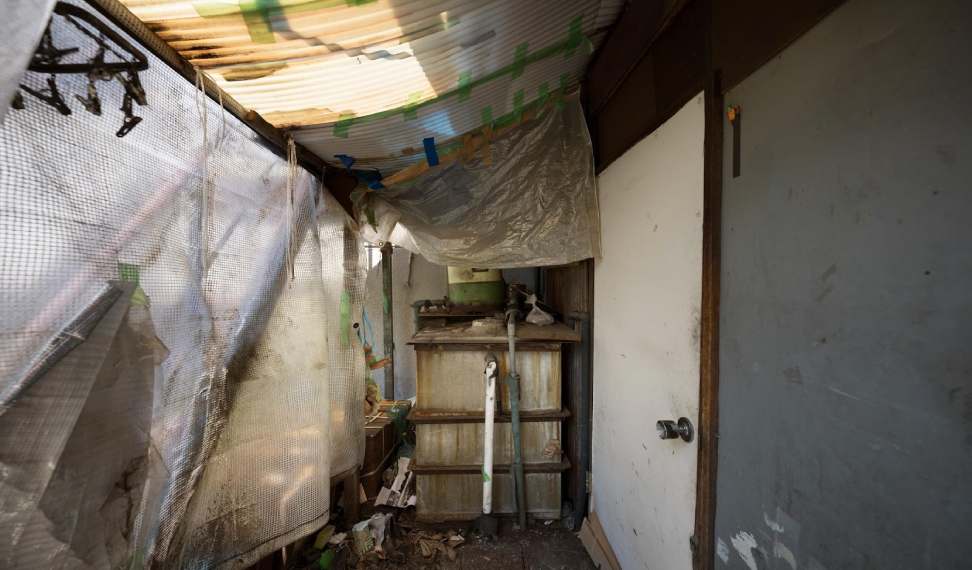When it comes to maintaining a healthy home, addressing plumbing issues like clogged drains and slab leaks are top priorities that can’t be ignored. Both can cause significant problems but in very different ways.
Understanding how to handle each situation not only protects your home but also ensures a safer, more comfortable living environment. Here’s your essential guide to navigating the challenges of clogged drain repair and the complexities of residential slab leaks.
The Hassle of Clogged Drains
A clogged drain is a common annoyance that most homeowners will encounter. It can disrupt daily life, causing sinks, bathtubs, and toilets to drain slowly or back up completely.
Beyond inconvenience, clogged drains can also be leading to unpleasant odors, other health hazards, and even water damage if not addressed promptly. Regular maintenance and quick action are key to preventing major issues.
However, when home remedies fail, professional clogged drain repair services can ensure the blockage is removed efficiently without damaging your pipes.
Recognizing and Addressing Slab Leaks
Residential slab leaks, on the other hand, are less obvious but more dangerous. These leaks occur in the water lines running below the concrete foundation of your home.
Signs of a slab leak include the sound of running water when all water is turned off, mysterious hot spots on your floor, cracks in walls or flooring, and higher than usual water bills.
These symptoms suggest a significant issue that requires immediate attention, as slab leaks can undermine the structural integrity of your home over time.
The Importance of Professional Intervention
For both clogged drain repair and addressing slab leaks, professional intervention is crucial. Plumbers equipped with specialized tools and knowledge can accurately diagnose the source of a blockage or leak and recommend the best course of action.
For slab leaks, this might involve re-routing pipes or direct repair methods, which can be complex and require precise execution to avoid further damage to the foundation.
Preventative Measures to Protect Your Plumbing
Preventing plumbing problems before they start is the most effective strategy. Regular inspections by a qualified plumber can catch issues like slow leaks under the slab or accumulating debris in pipes that could lead to clogs.
Homeowners should also practice good drain hygiene by avoiding the disposal of inappropriate items down the drain, such as oils, grease, and non-flushable wipes, which contribute to clogs and other plumbing issues.
Long-Term Maintenance for Plumbing Health
Incorporating long-term maintenance plans for your plumbing system is essential for preserving the functionality and integrity of your home’s infrastructure. This includes annual checks of your water pressure, regular drain cleaning, and monitoring your water bill for signs of hidden leaks.
Establishing a routine with a trusted plumbing service can help detect and fix minor issues before they escalate into costly repairs.
Conclusion
In conclusion, while clogged drain repair and managing residential slab leaks might seem daunting, understanding how to effectively handle these issues can save homeowners time, money, and stress.
By recognizing early signs of trouble, enlisting professional help when needed, and implementing preventative measures, you can maintain a robust plumbing system.
Protecting your home from water damage and foundational issues not only ensures a safe and comfortable living environment but also preserves your investment for the future.
Also Read:-


